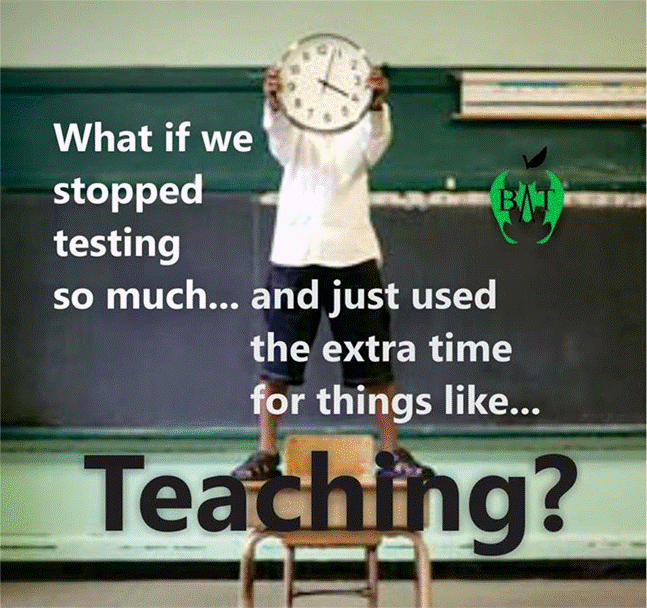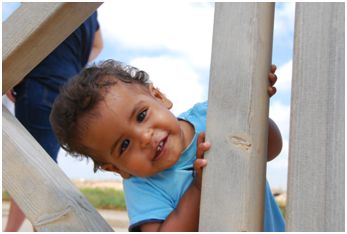
There are many possible causes for kids’ reading challenges. Sometimes, the kids need to deal with such overwhelming emotions they cannot learn anything, including reading. Other time, the teacher is not teaching how to read properly (yes, you will be surprised how many kids cannot read because their teachers did not teach them how to read properly).
However, some children have reading challenges due to their weak visual ability. This means that their brain is wired so that they are not very good at absorbing and processing visual input. It is important to understand that this is a brain function and has nothing to do with eyesight.
Many parents think that when their kids cannot read, we just need to read with them more, but that is not the case. It is like giving someone who cannot hold a pen different kinds of pens to solve the problem. Yes, reading more brings some benefit, but a weak visual ability requires stimulating the visual perception at a more basic level. Once this is done, reading becomes easier and more natural and no longer frustrates the child.
Strong visual perception is essential for good decoding and memory of symbols. Reading requires mostly visual perception to analyze and memorize, and some auditory support for non-basic words.
Read Reading Challenges: Children with Weak Visual Perception »













